Low Sugar Blackberry Blueberry Jelly
Views: 278
If you’re on the hunt for a delicious blueberry and blackberry jelly recipe, this one is perfect for you. Combining these two berries might not seem ground breaking, but what sets this jelly apart is its low sugar content. Curious how we did it? We add sugar in two steps to keep the amount low while still making sure the jelly stays fresh and tasty.
![]() First, we add just enough sugar to help the berries release their juices. This way, we don’t waste sugar on the parts of the fruit we’ll strain out. In the second step, we add just enough sugar to preserve the remaining fruit juices and ensure our blackberry blueberry jelly sets perfectly. Give it a try, and you’ll see why this blackberry blueberry jelly is worth your attention!
First, we add just enough sugar to help the berries release their juices. This way, we don’t waste sugar on the parts of the fruit we’ll strain out. In the second step, we add just enough sugar to preserve the remaining fruit juices and ensure our blackberry blueberry jelly sets perfectly. Give it a try, and you’ll see why this blackberry blueberry jelly is worth your attention!
Important note about berries used in this recipe
For this blackberry blueberry jelly, we used field-grown blueberries and wild, under-ripe blackberries. Blueberries naturally lack pectin and acid, so if used alone in a jam, you would have to add both acid and pectin to help the jam or jelly set.
Ripe, field-grown blackberries have low natural pectin and, depending on the level of their ripeness, can also be low in acid. In contrast, wild blackberries are much more acidic. Both acid and pectin are essential for making jam or jelly set properly.
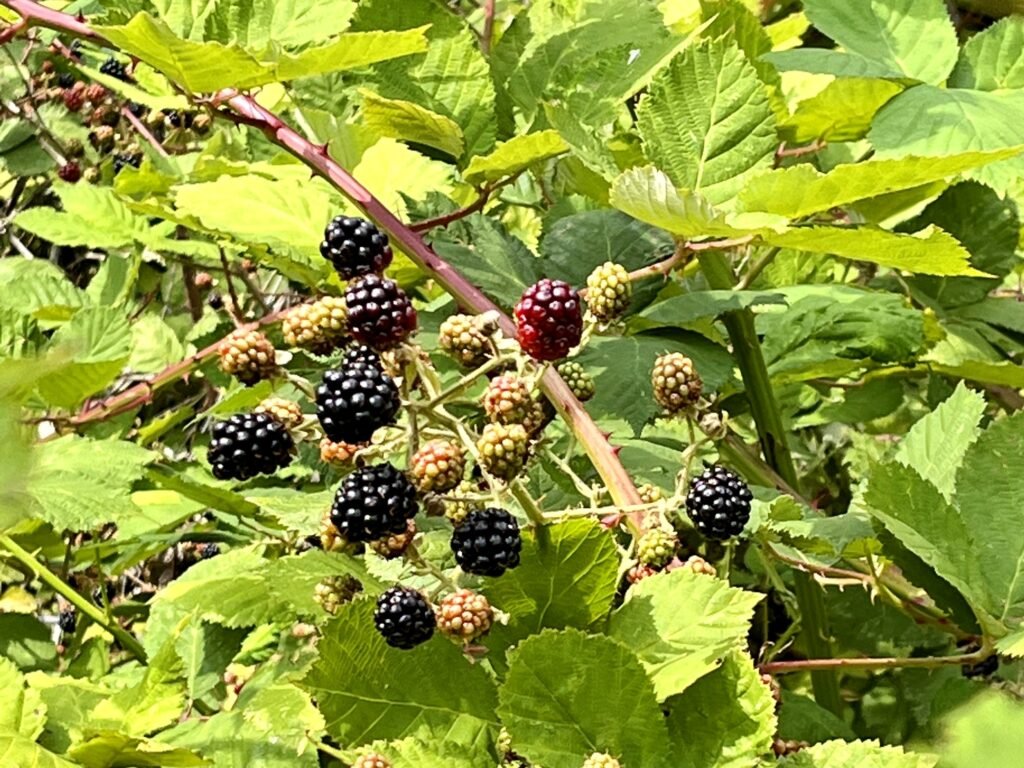
The blackberries we used for this recipe were very acidic because they were wild and because we picked them before they were fully ripe. If you’re using field-grown blackberries, especially if they are fully ripe, you’ll need to add 1 ½ tablespoons of lemon juice to your jelly mixture to ensure it sets correctly.

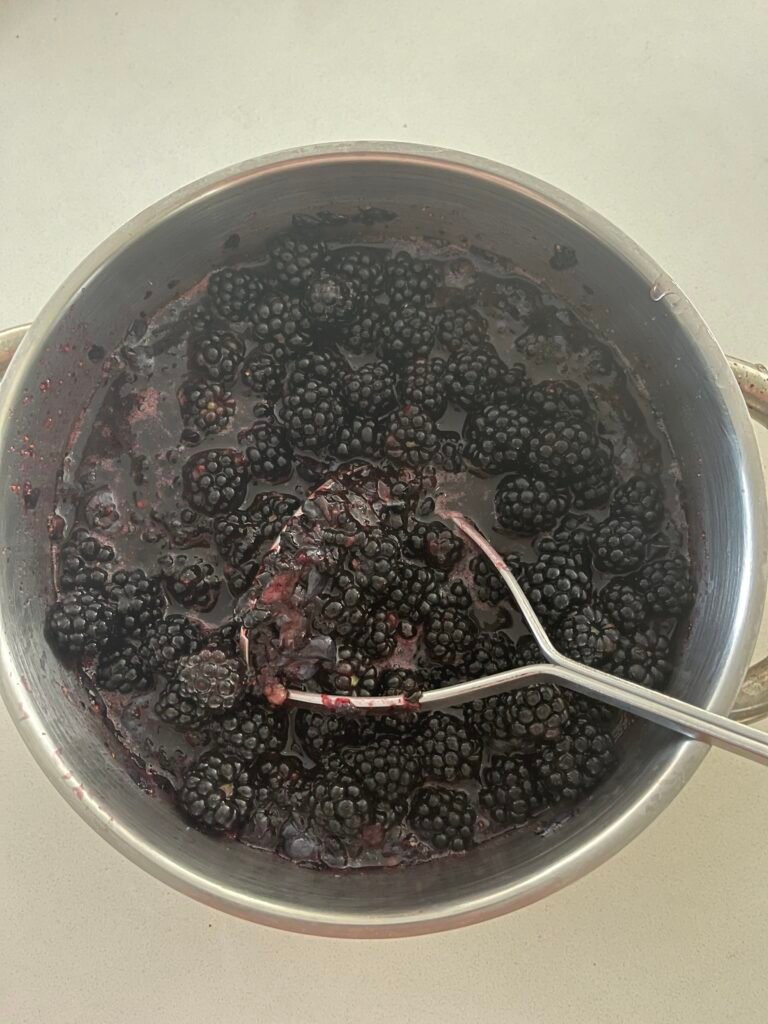
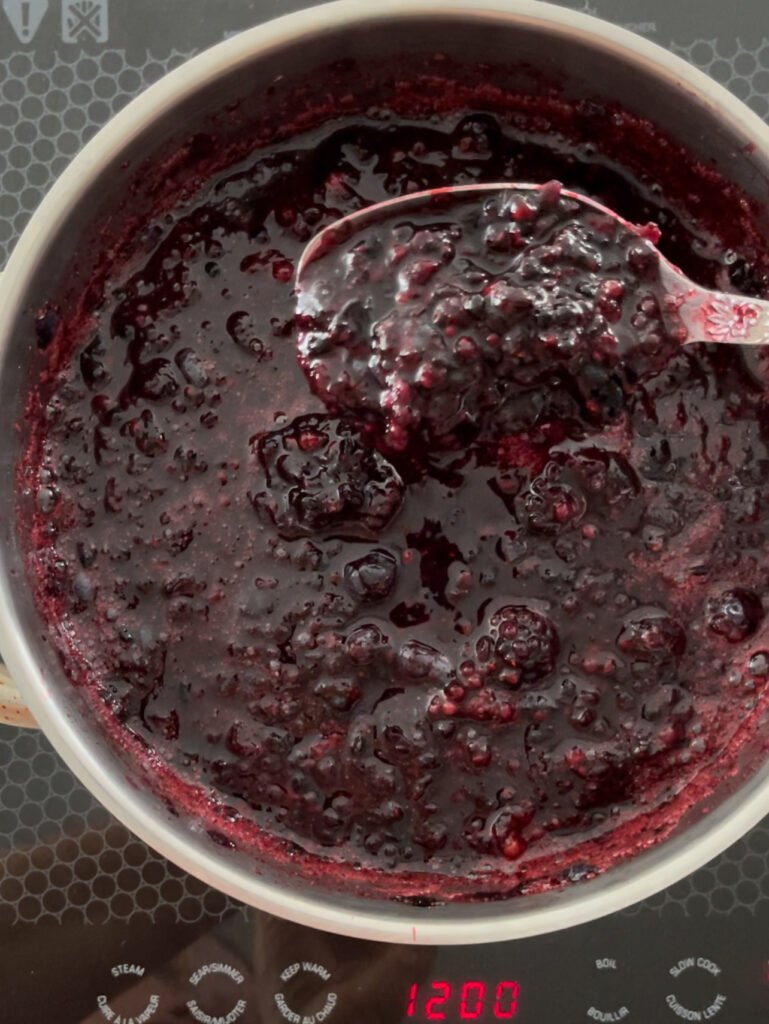


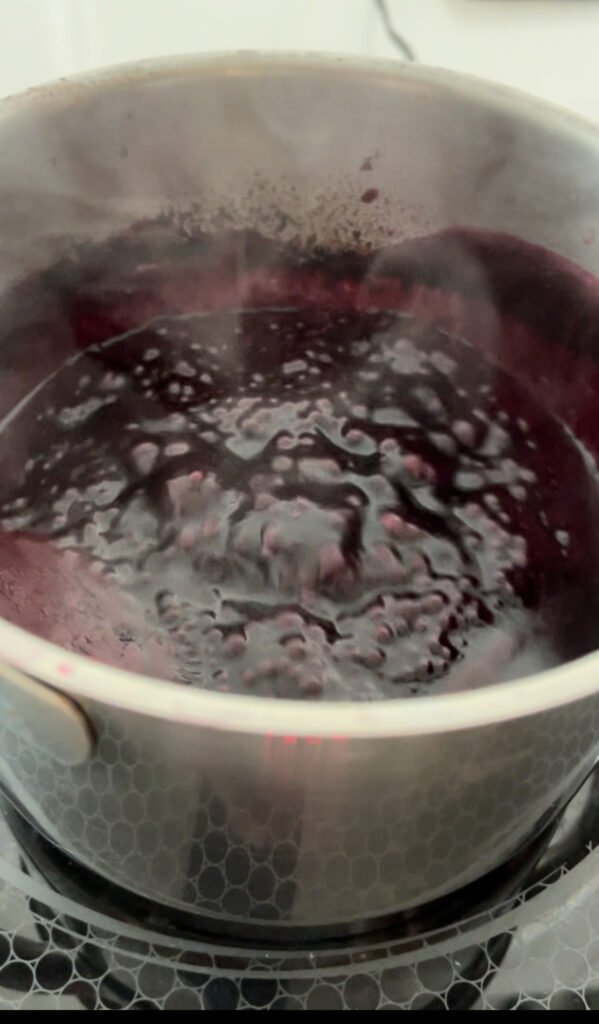


Recommended Canning Tools & Equipment for this and other recipes:
Simple Blackberry Blueberry Jelly
Ingredients
- 1 lb. blueberries 450 g.
- 2 lb. blackberries
- 1/2 lb. sugar 230 g.
- 1 tsp. Pomona pectin
Instructions
Preparing the berries:
- Place blueberries into a large pot or salad spinner.
- Fill a colander with water and rinse the blueberries thoroughly until the water runs clean.
- Repeat the same with the blackberries.
Rendering the berry juices:
- Place half of the berries into a pot and add about ¼ cup of sugar.
- Use a potato masher to mash the berries with the sugar.
- Repeat with the remaining berries.
- Cover the pot and let it sit for a minimum 4 hours to allow the sugar to draw out the juices from the berries.
Cooking the syrup:
- After the resting period, there should be plenty of berry juices in the pot. Bring the berries and their juices to a boil over medium heat, stirring often to dissolve the sugar.
- Once boiling, lower the heat to medium-low and cook the berries for 15 minutes.
- Turn off the heat and use a fine mesh strainer or jelly bag to strain the berry juices into a separate pot.
- Discard the berry pulp or use it to make a summer drink by mixing it with hot water.
Making the blackberry blueberry jelly:
- Mix ¼ cup of sugar with the pectin and set aside. This will help the jelly set.
- Add the remaining sugar to the strained berry syrup and bring it to a boil. Don’t worry about the foam forming on the surface of the cooking jelly, it will subside.
- Once boiling, reduce the heat to medium and add the sugar-pectin mixture
- Mix well to ensure the sugar and pectin are fully incorporated.
- Cook for an additional 15 minutes. Perform a chilled plate test to check the jelly consistency. Cook for 5-10 minutes more if you prefer a thicker jelly.
- Pour the hot blackberry blueberry jelly into clean, sterilized canning jars.
- Process the jars using your preferred canning method.
Choose your preferred canning method to preserve your jam
For those processing this preserve using water bath or steam canner, the processing time guidelines at various altitudes are as follows:
0 – 1,000 ft: 5 mins
1,001 – 6,000 ft: 10 mins
Altitudes Above 6,000 ft: 15 mins
Frequently asked questions
Can I make this jelly with old frozen blueberries and fresh blackberries?
Yes, you can use a mix of fresh and frozen berries for this jelly. Just be sure to defrost the frozen berries before use. If you’re using frozen blackberries, we recommend using the juices that are released during thawing. However, frozen blueberries typically release mostly water, which you may need to discard.
What pectin did you use to make this jelly?
To make most of our jellies we use Pomona pectin. The reason is that we found it to be the most reliable. Although we don’t use their calcium pouches, mixing Pomona’s powdered pectin with sugar sets the jelly perfectly, even when pectin is used in small amounts. This isn’t a paid endorsement. We just believe that out of all the pectin we’ve tried Pomona works the best. Plus, it contains only natural citrus pectin, which fits with our preference for natural ingredients and no added preservatives in our jams and jellies.
How can I adjust the recipe to make a larger or smaller batch?
To adjust the recipe for a larger or smaller batch, follow these steps:
- Scaling Ingredients: Multiply or divide the quantities of each ingredient proportionally. For example, if you want to double the recipe, use twice the amount of each ingredient. For a smaller batch, halve the amounts.
- Choosing the Right Equipment: Use appropriately sized pots, pans, and jars. Larger batches will need bigger pots and more jars, while smaller batches require smaller equipment.
- Adjusting Cooking Time: Keep in mind that cooking times may vary based on the size of the batch and the depth of the jelly mixture in the pot. A larger batch might take a bit longer to cook, while a smaller batch will cook faster. Test the jelly’s consistency before you finish cooking. Use the spoon or plate test to ensure it’s set properly.
Can I use a sugar substitute or reduce the sugar further?
Remember, sugar helps your jam and jelly set properly. If you want to use a sugar substitute, you need to choose your pectin carefully. Pomona pectin works well with different sweeteners, so it’s a good option if you’re replacing sugar.
Keep in mind that sugar substitutes might change the flavor of your jelly. You might notice a difference in taste compared to using regular sugar.
Are there any common mistakes to avoid when making this jelly?
These are some common mistakes to watch out for:
- Scaling Up or Down Incorrectly: When adjusting the recipe for a larger or smaller batch, be careful to scale all ingredients proportionally. Incorrect scaling can affect the texture and set of the jelly. Make sure to adjust cooking times and equipment sizes as needed.
- Picking incorrect pectin: Different pectins have specific instructions. If you are not using Pomona, make sure that you pick the pectin that works well with low sugar jellies and jams.
- Not Prepping Jars Properly: Ensure jars and lids are sterilized before using them. This helps prevent spoilage and ensures a proper seal.
- Not Stirring Enough: Make sure to stir the mixture thoroughly during cooking to prevent sticking and burning.
How to use this blackcurrant blueberry jelly?
Use this jelly like you would use any of your usual blackberry blueberry spreads. Some of the more creative ways of using it are these:
- With Mascarpone on Toast: Mix this jelly with a bit of mascarpone. Then spread it on your favorite bagels or English muffins for the nicest breakfast bagel or muffin ever.
- Spread on Toast or Biscuits: Slather it on warm toast or flaky biscuits for a sweet and fruity breakfast or snack.
- In Yogurt or Oatmeal: this blackberry blueberry jelly works very well with plain Greek yogurt. We also like it mixed in a hot oatmeal
- In Smoothies: Blend a spoonful of this blackberry blueberry jelly into your smoothie for added fruitiness and sweetness.
- On Cheese Platters: Pair this jelly with soft cheeses like brie or cream cheese.
You may also like:
-
Seedless Blackberry Jam With Honey And Fresh Sage
Love blackberries but can’t stand the seeds? Neither can we! That’s why we made our blackberry jam seedless! Not a fan of overly sugary jams? Same here! That’s why we sweetened ours with honey. As a result, we have a jam that is smooth, sweet, and has just the right touch of sophistication.
-
Low Sugar Blackberry Blueberry Jelly
This blackberry blueberry jelly recipe is ridiculously easy! Crush berries with sugar. Simmer till juices release, then strain. Back to the pot with lemon and pectin. If you think there’s more to this recipe, you might be right. Read on to find out!
-
How To Make Blueberry Jelly Without Adding Water
Guess what? You don’t need water to make blueberry jelly! Blueberries are packed with natural juices that get released during cooking. It’s not difficult or complicated. You just need to know how, and we have all the answers plus a delicious recipe for you.
-
The Ultimate Berry Powerhouse: Blueberry Blackcurrant Jam Recipe
Unlock the ultimate berry powerhouse with our blueberry blackcurrant jam canning recipe! Perfect for beginners and seasoned canners alike, this easy-to-follow canning recipe ensures you capture the vibrant flavors of these two super berries in every jar.
-
Reduced Sugar Blueberry-Blackberry Jam With Pectin
Research shows blueberries and blackberries top the list for antioxidant-rich fruits. Blueberries, in particular, shine with a staggering 13,427 total antioxidants, including vitamins A & C, and flavonoids like quercetin and anthocyanidin in a single cup. This jam not only satisfies your sweet cravings but also provides a healthier way to enjoy the fruity goodness.
-
Versatile and Sophisticated Blueberry Lavender Jam
Elevate your senses and savor the extraordinary. This Blueberry-Lavender jam has a unique flavor profile and an exquisite taste. Spread it on warm artisan bread to experience the velvety texture and harmonious blend of sweet blueberries and floral lavender.
-
Gourmet Blueberry-Thyme Jam
Make yummy blueberry and thyme jam easily. Spread on bagels, toast, or eat with a spoon. Follow our easy steps to make this delicious jam.


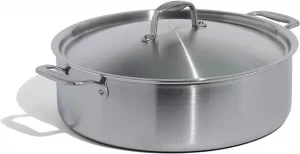
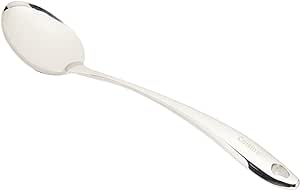
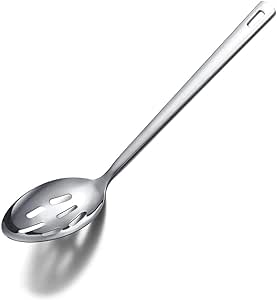
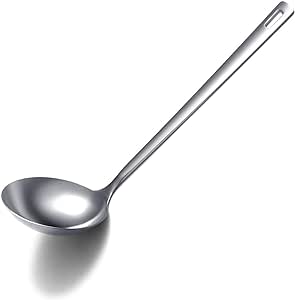
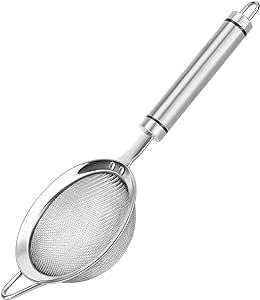

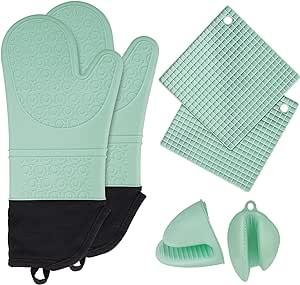
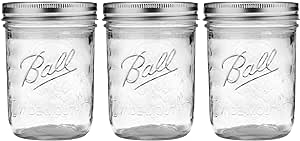

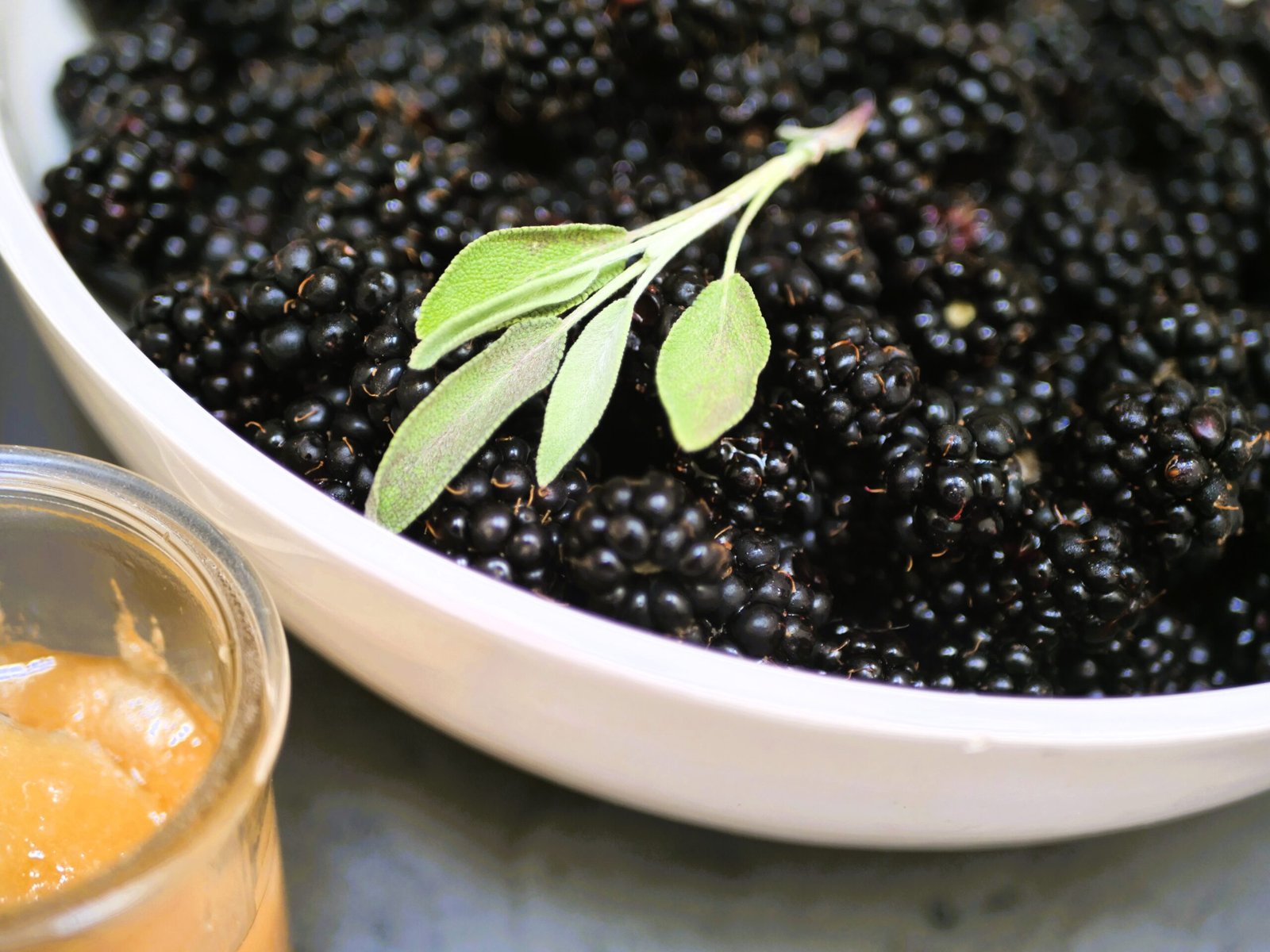
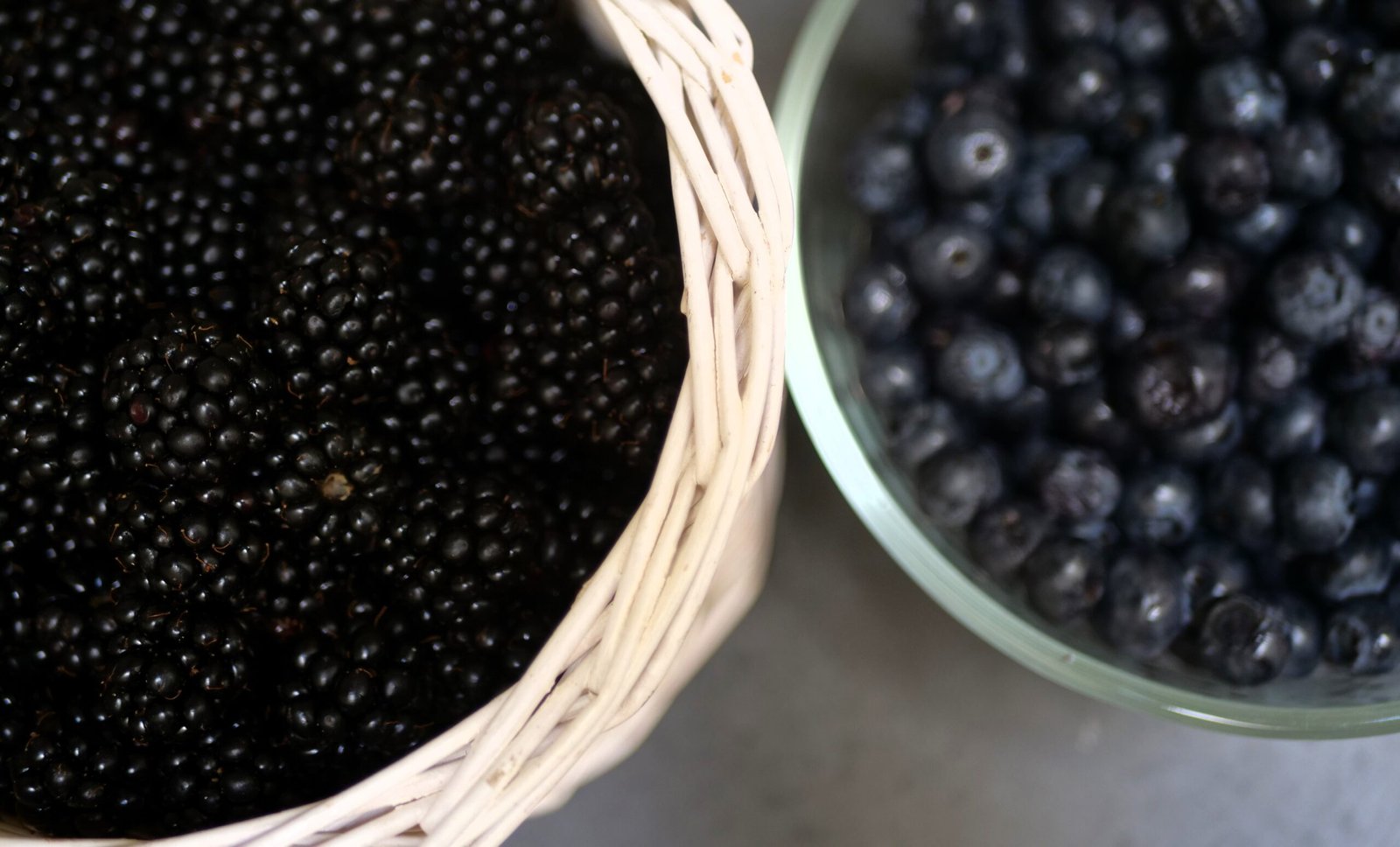

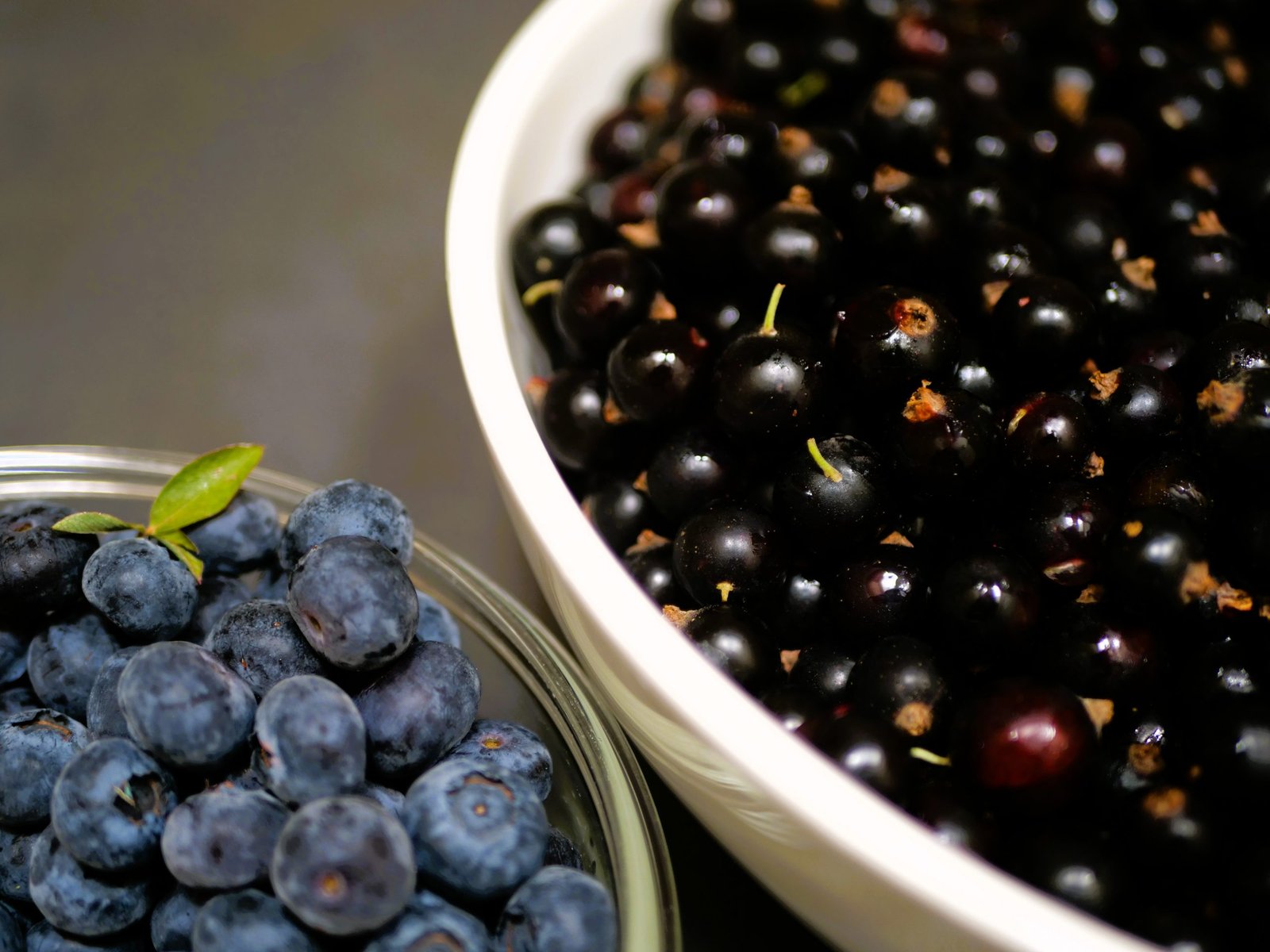
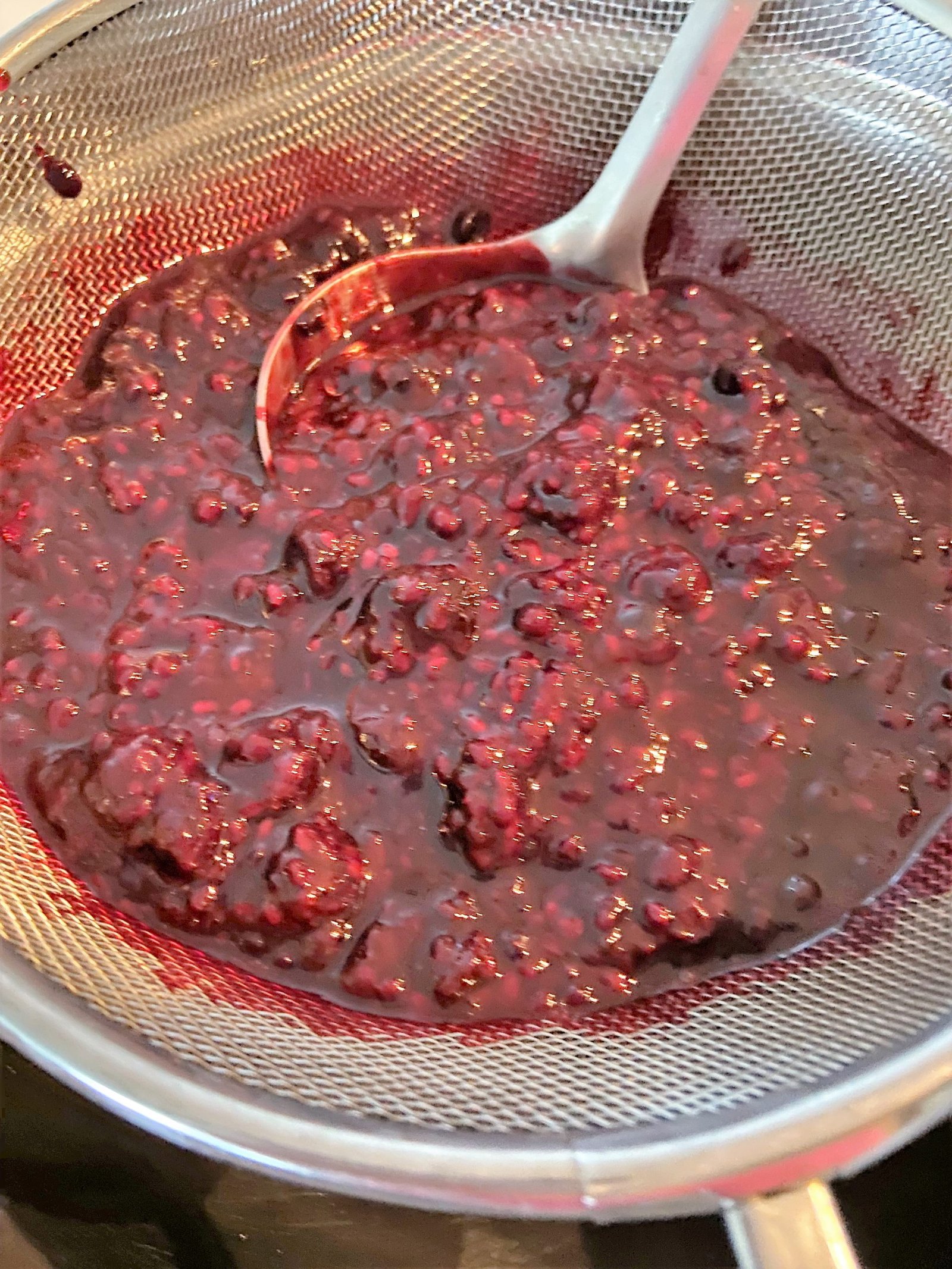
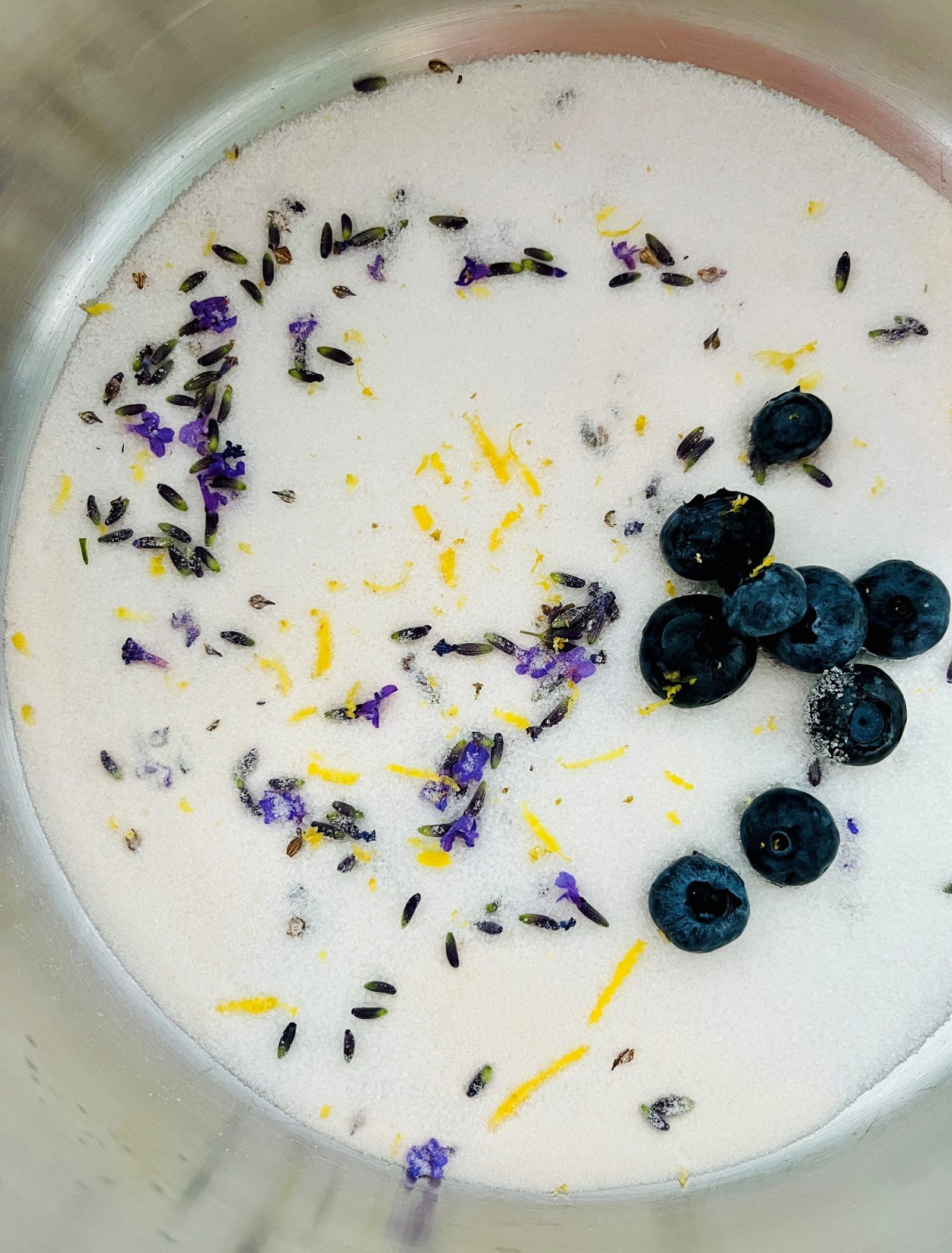


Leave a Reply